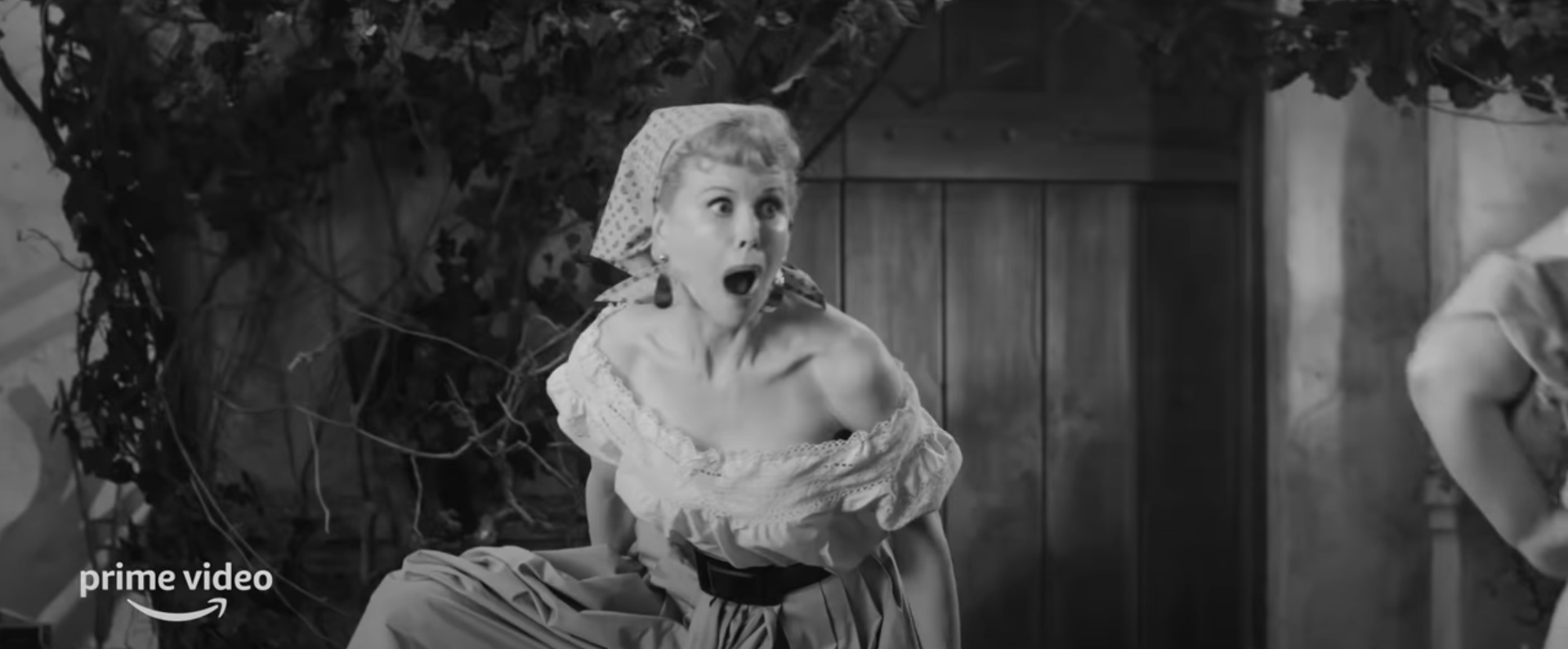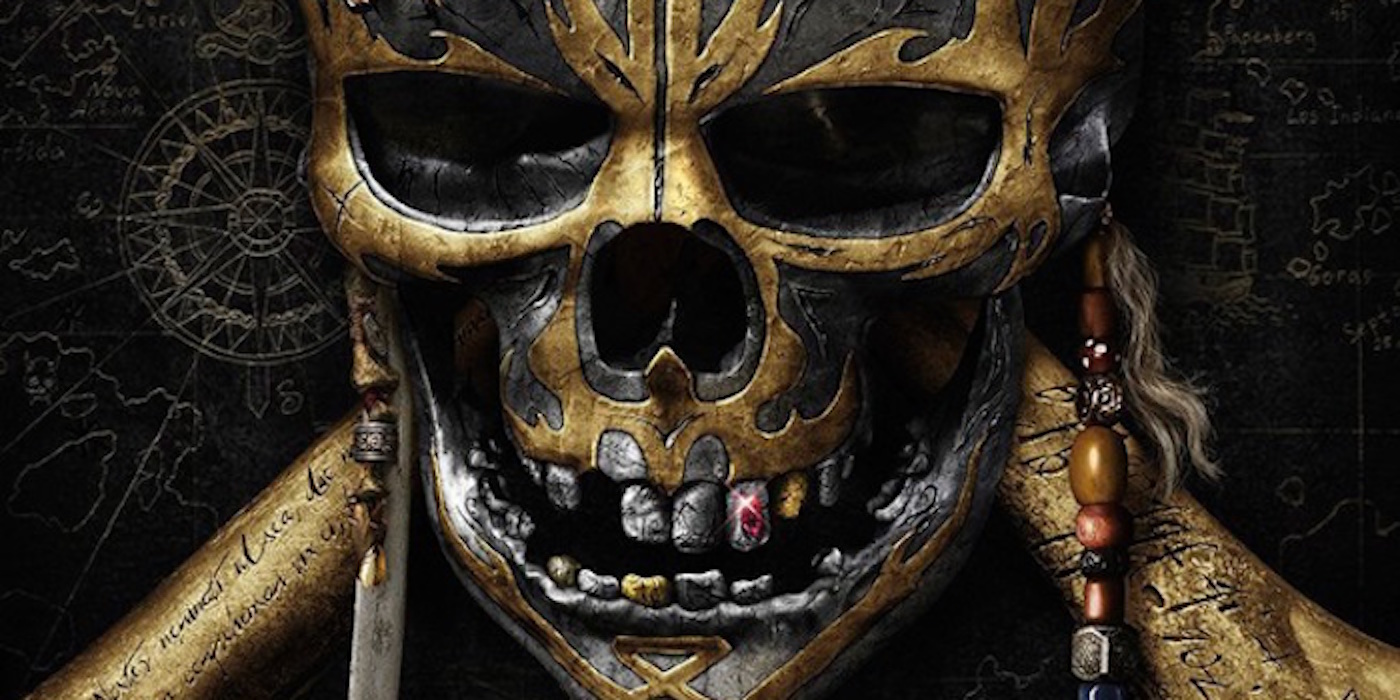The Little Mermaid
by Hope Madden and George Wolf
After knocking it out of the park early with The Jungle Book, Disney’s been hit-or-miss with the live-action reboots of its classic animation tales, especially the nearly shot-for-shot reimaginings. But there was plenty of reason for optimism when it came to Rob Marshall’s The Little Mermaid.
Halle Bailey shines as the irrepressible adolescent Ariel. She’s in fine voice, and thanks to some script updates from writer David Magee, the character has agency. She’s utterly charming, and – again thanks to some updating to the material – Jonah Hauer-King has an actual character to dig into. His Prince Eric has depth and personality. Both characters mirror each other in their longing and belief that they don’t into their own worlds. It’s easy to root for them.
But how is Ursula, one of the best Disney villains of all time?
Happy to report that Ursula the Sea Witch is still delightfully, deliciously evil. And the casting! Melissa McCarthy drips villainy as poor, unfortunate Ariel’s dastardly auntie. Her Ursula is campy, gloriously over the top and yet drolly above it all. The look is perfection, and her voice is magnificent. This villain is the highlight of the film.
And while we’re on casting, Javier Bardem makes a majestic King Triton, and some delightful voice work from Daveed Diggs as Sebastian and Awkwafina as Scuttle brighten scenes both in and out of the water.
Behind the camera, director Rob Marshall brings an impressive musical resume. From the Oscar-winning Chicago to the visionary Into the Woods to some dazzling sequences in the otherwise disappointing Nine, Marshall has proven he knows what makes a musical number pop onscreen.
Strangely, though, the film’s first big music moment, “Part of Your World,” seems a bit muted, leaving us wanting at least one more big crescendo for Bailey’s wonderful voice. Similarly, “Under the Sea” is rollicking fun, if not quite truly magical.
“Kiss the Girl” makes things right with a completely enchanting treatment, while Marshall and McCarthy both shine in a mischievously satisfying “Poor Unfortunate Souls.”
And while these numbers will remind you of the legendary talents of composer Alan Menken and lyricist Howard Ashman (who sadly passed in 1991), the additional of Lin Manuel Miranda will be unmistakable. Miranda not only brings some timely lyrical updates, he also teams with Menken for original songs, including “Scuttlebutt,” a showcase for Awkwafina full of Miranda’s typically snappy wordplay.
The look of the film is mainly strong. Underwater sequences are not quite as impressive as they were in Black Panther: Wakanda Forever, but still better than Aquaman. Above the water line set pieces – including a thrilling shipwreck – are beautifully executed. But Marshall struggles with scenes that break that barrier. When he can’t rely entirely on CGI for water scenes – when characters are partially submerged and the magical quality afforded by FX is missing – you feel it.
And as Ariel and her Prince struggle to find each other, you also feel the karmic beauty of the film’s culturally diverse cast – starting right at the top. Themes about different worlds living in harmony resonate more deeply when everyone doesn’t look the same.
This isn’t a revelation, and the film doesn’t treat it as one. It’s one of the many things The Little Mermaid gets right, and another example of how Marshall and his terrific ensemble manage to navigate the spotty squalls and bring this one home.






